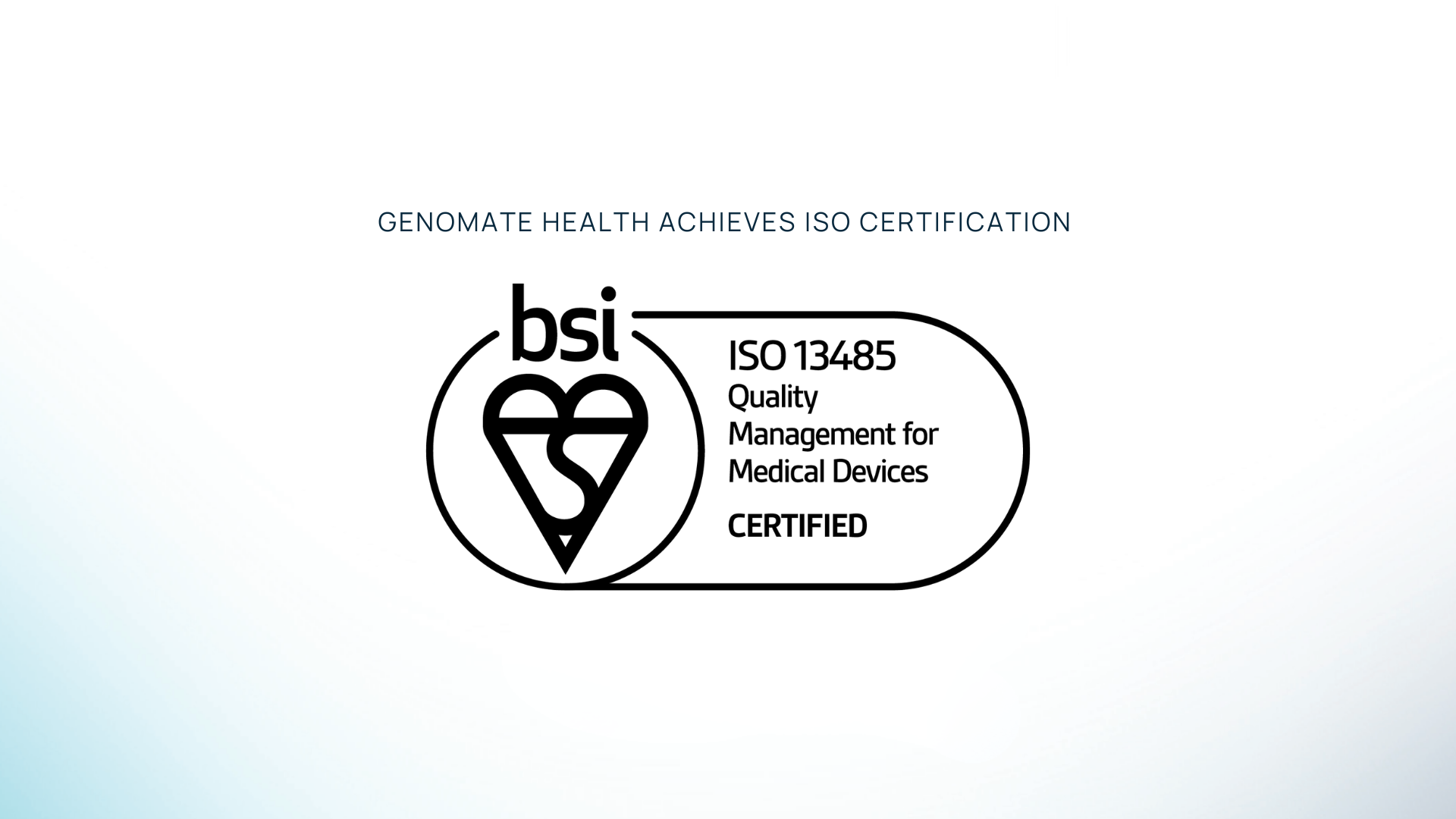A computational method for prioritizing targeted therapies in precision oncology: performance analysis in the SHIVA01 trial
Cancer patients who received Genomate-recommended targeted therapy had a 4X higher positive response rate than those who received therapies selected based on the presence of a single biomarker but not recommended by Genomate AI in the SHIVA01 clinical trial.






































.png)



